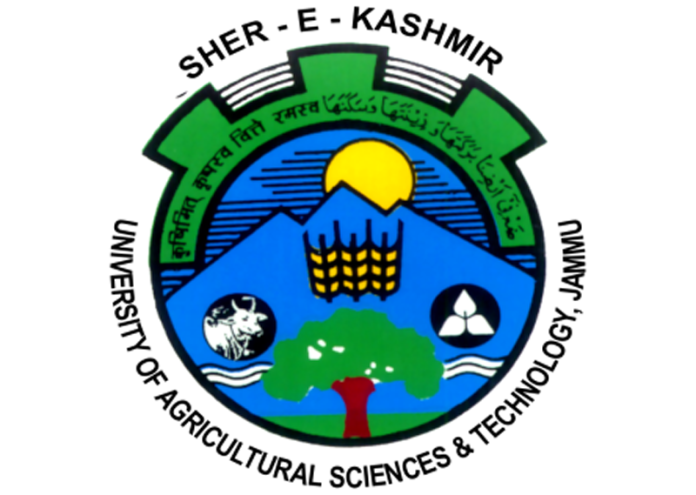Excelsior Correspondent
JAMMU, Oct 12: Sher-e-Kashmir University of Agricultural Sciences and Technology of Jammu has officially adopted the recommendations of the 6th Deans’ Committee for implementation starting from the 2024-25 academic session.
This significant move aligns SKUAST-Jammu’s curriculum with the latest advancements in agricultural education as outlined by the Indian Council of Agricultural Research (ICAR) to ensure academic excellence and innovation in agricultural sciences.
The ICAR 6th Deans Committee’s report on orienting agri-education to NEP-2020 introduces several key changes to the educational framework. These include a greater emphasis on experiential learning, skill development, rural attachment programs and entrepreneurship development. The revised curriculum aims to equip students with both theoretical knowledge and practical skills essential for addressing contemporary agricultural challenges. Furthermore, the new system focuses on enhancing soft skills and interdisciplinary learning to better prepare students for future leadership roles in agricultural and allied sectors.
Key features of the revised structure include curriculum revision, modification of academic structure of degrees/diplomas/certificates, the introduction of an Academic Banking System (ABC), a multiple entry-and-exit system, flexible course selection, introduction of skill enhancement courses, making internship as part of UG-certificate, UG-diploma and degree requirements and the incorporation of industry-oriented internships as part of UG requirements.
Prof B N Tripathi, Vice Chancellor of SKUAST-Jammu said that by implementing the recommendations of the 6th Deans’ Committee, SKUAST-Jammu aims to provide students with the best educational opportunities bridging the gap between academia and industry. This will enable graduates to be well-prepared for both national and global challenges in agriculture, he said and lauded the Directorate of Education for restructuring the undergraduate curriculum as per the 6th Deans’ Committee recommendations.
The University has restructured its degree programs to align with global standards ensuring that students benefit from exposure to the latest research, technological advancements and field-based learning. The new curriculum also aims to strengthen collaboration with agricultural industries, research institutions and Government bodies ensuring that students benefit from internships, mentorship programs and job placements in leading organizations.


